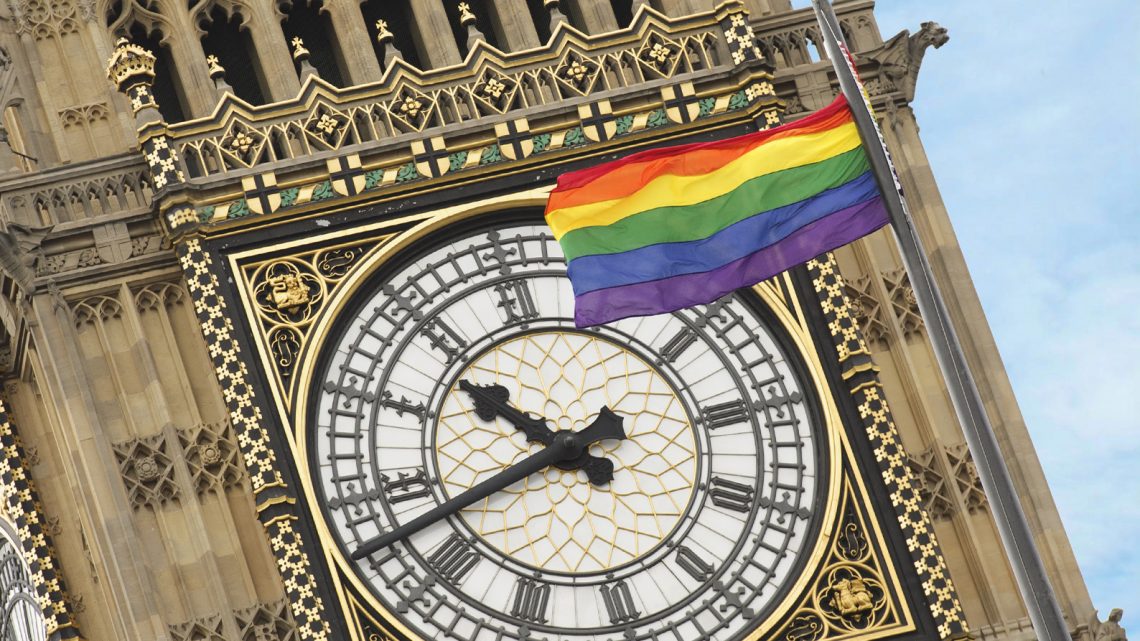House of Lords back introducing compulsory LGBTQ-inclusive lessons in English schools
The new curriculum will be rolled out across schools from September 2020
By Steve Brown

Words: Steve Brown
The House of Lords has backed introducing compulsory LGBTQ-inclusive relationship and sex education in English schools.
As part of new curriculum guidelines announced by the UK Government, schools will introduce dedicated lessons about relationships, being safe on the internet, the dangers of sexting and mental health.
The new curriculum – which will include subjects on relationships education from primary school, relationships and sex education at secondary school and health education for all ages – will be introduced in England from 2020.
Last month, the plan was passed through the House of Commons by a vote of 538 to 21 and now the upper chamber gave their approval on the new government guidelines.
Education minister Lord Agnew of Oulton said: “There is no reason why teaching children about the diverse society that we live in, and the different types of loving and healthy relationships, cannot be done in a way that respects everybody’s views.
“Schools should ensure that the needs of all pupils are appropriately met and that all pupils understand the importance of equality and respect, in particular respect for difference.
“The new guidance is clear on the teaching about LGBT relationships expected in secondary schools and encouraged in primary while retaining the flexibility for head teachers to respond to the needs of their own schools.”
Now, with the Lords support, the new education guidance will be rolled out across English schools from September 2020.
During the late meeting on Wednesday (April 24), openly gay Liberal Democrat peer Lord Scriven revealed he contemplated suicide when he was at school.
He said: “A lot has been spoken about the theory of relationships education, and people coming to terms with who they are and understanding the modern world.
“I was one of those 15 year olds who looked over the edge and contemplated suicide. Stories about the real world are far more important than theory.
“School is meant to be the safe place that gives a child the right to feel safe, to explore and to understand the world and community they are part of [and] expose young people to the world they will have to negotiate.
“I looked over the edge and nearly committed suicide because I and many others did not have that safe space. It was not safe for teachers to explore the differences. There was a monoculture about what relationships were about.
“If I had grown up with the regulations that the Government will, I hope, enact, some of the issues that I and many others were dealing with would have been explored—not just sexuality, but many different issues. I would have felt normal and safe.
“I would have understood that my relationship was equal and that I was a fellow human being. Yes, there were going to be issues, but I was equal.
“That is what this is about: giving children, no matter who they are, the right to negotiate the world safely and with confidence, so that they do not go, particularly now, to the internet to be mis-taught, have their differences reinforced and possibly contemplate suicide even more.
“If these regulations go forward, fewer young people will look over the edge like I did at the age of 15.”
